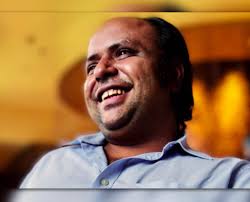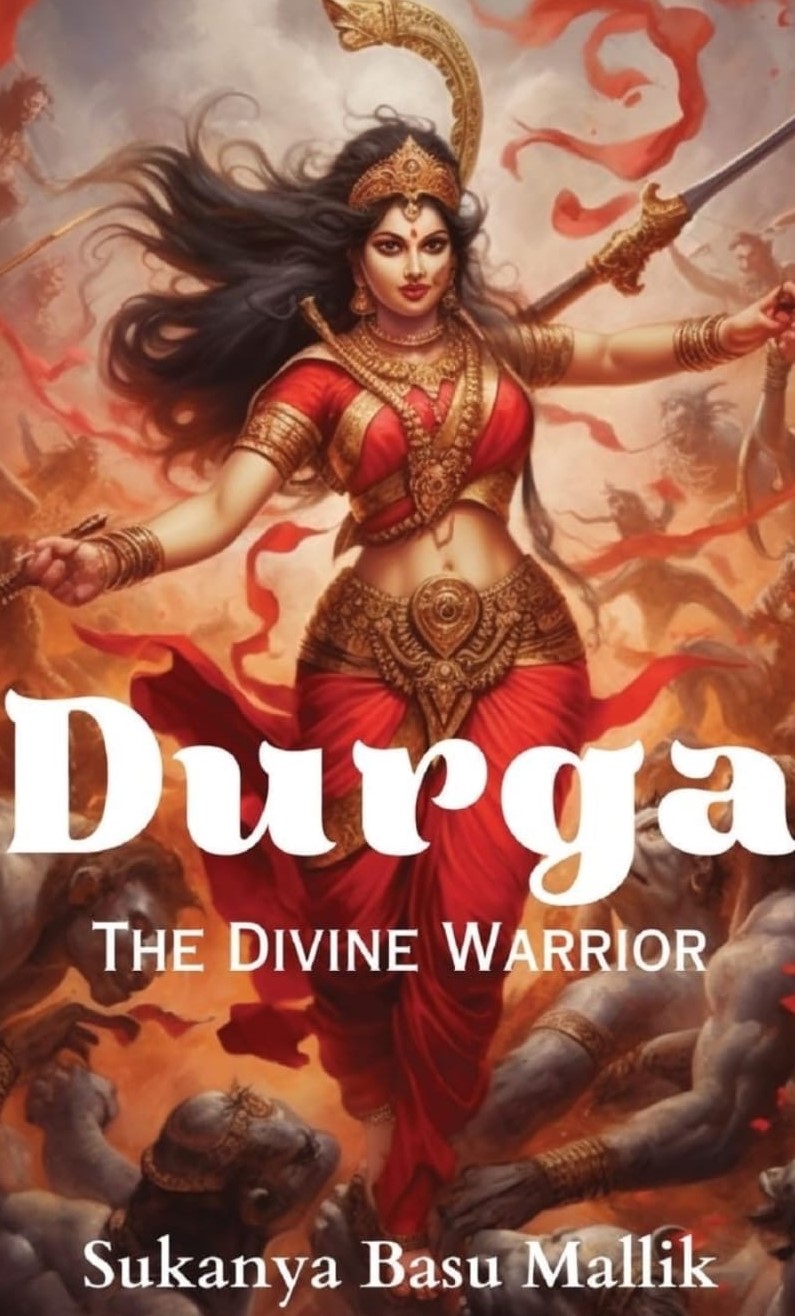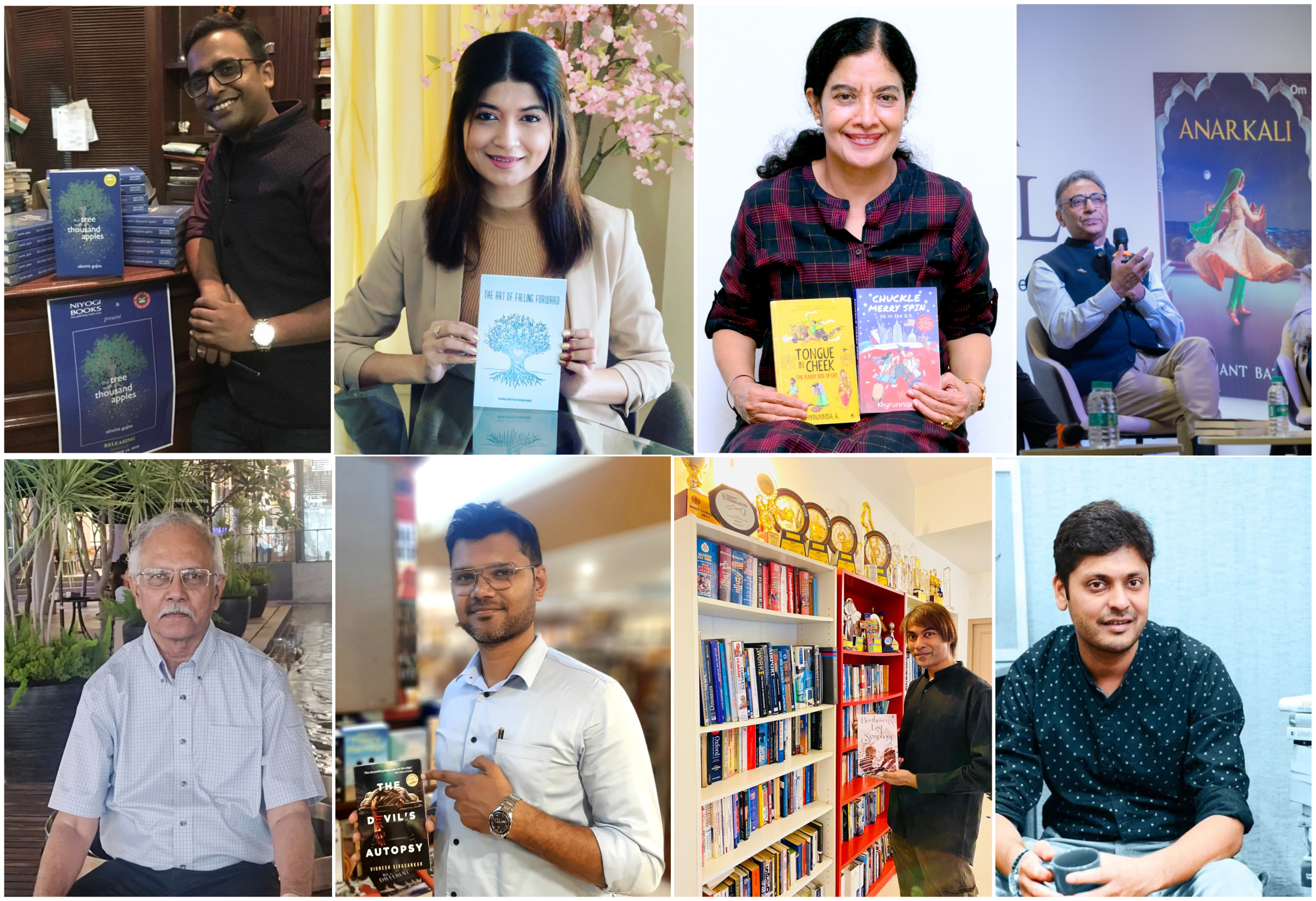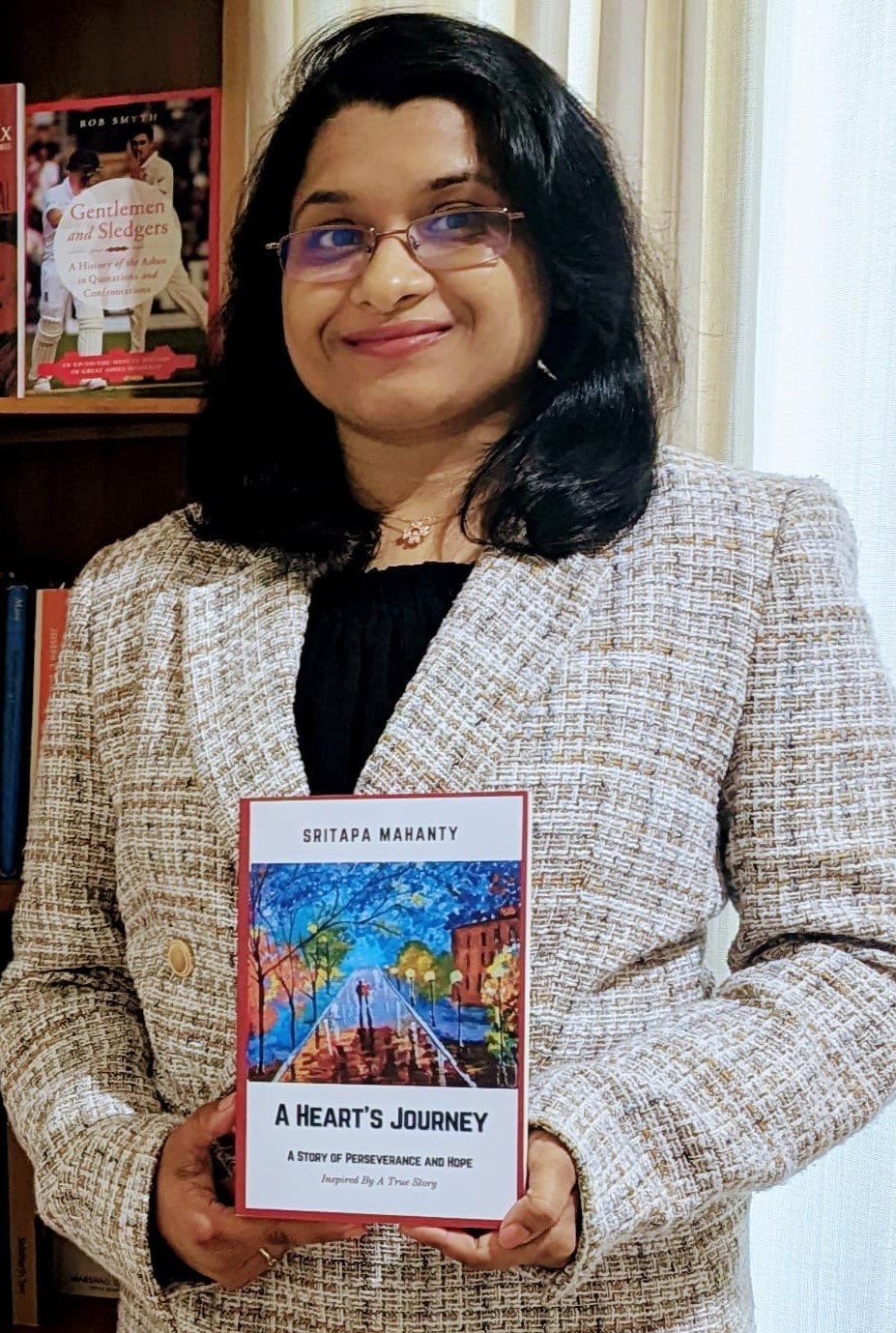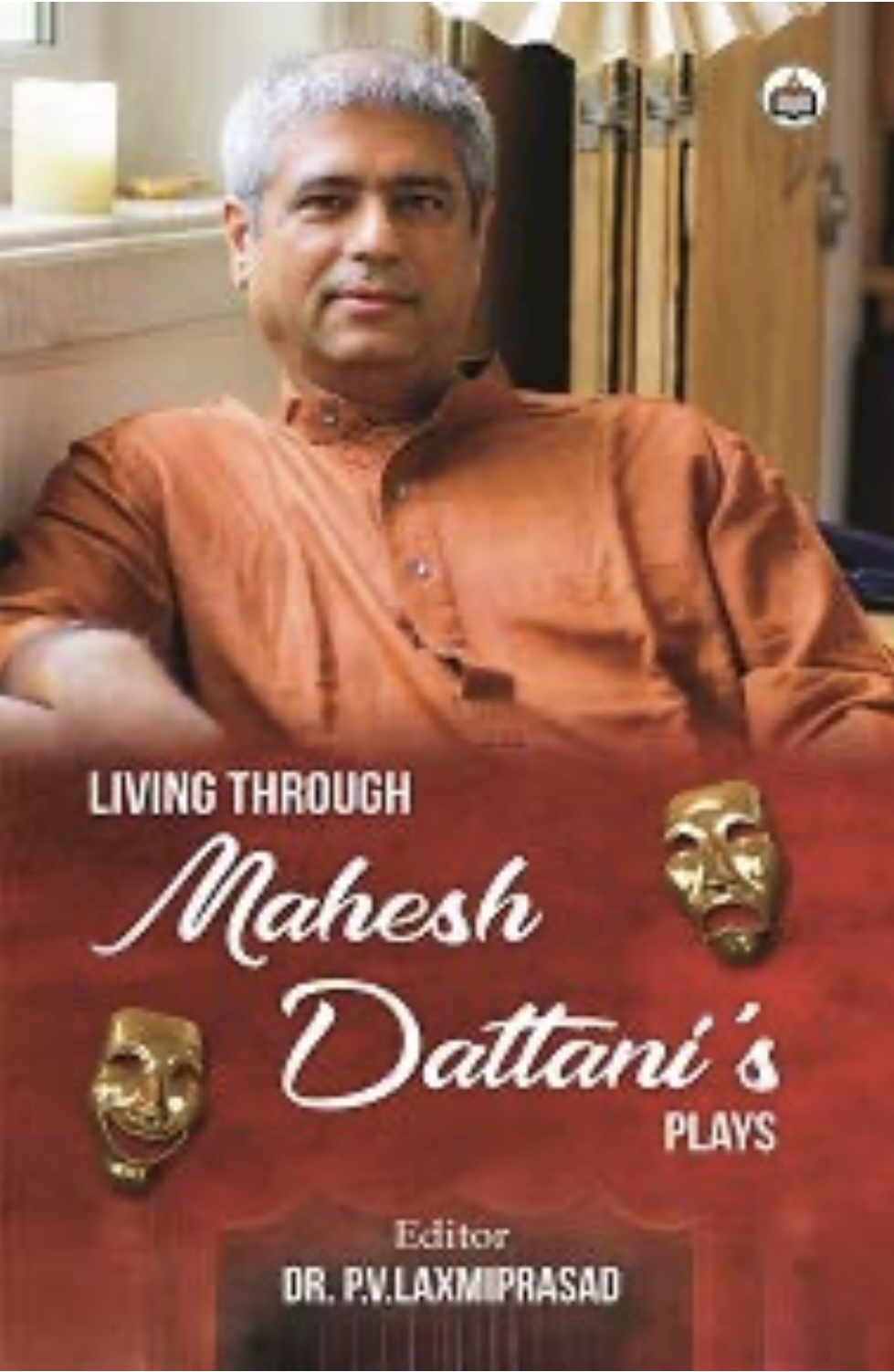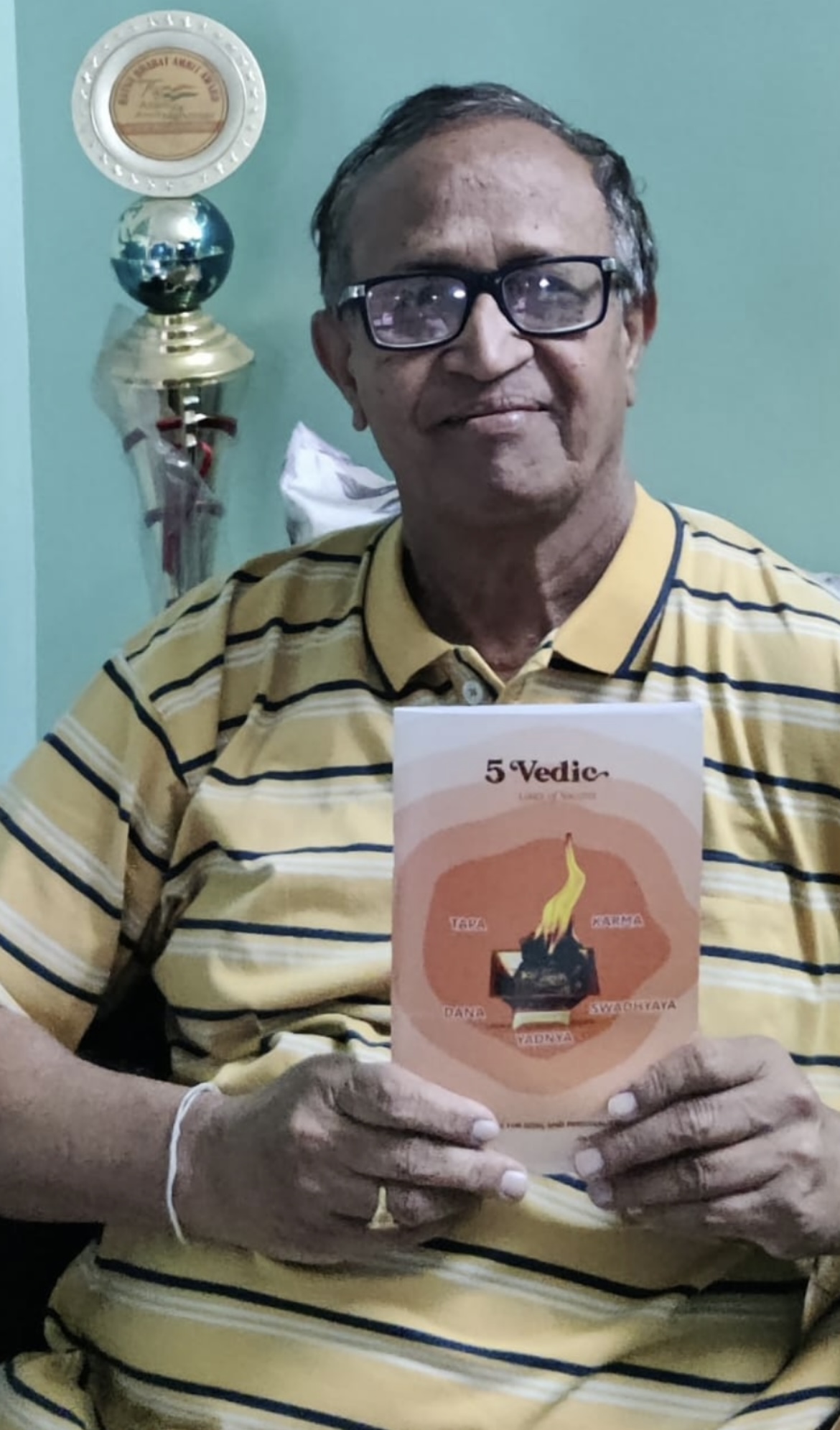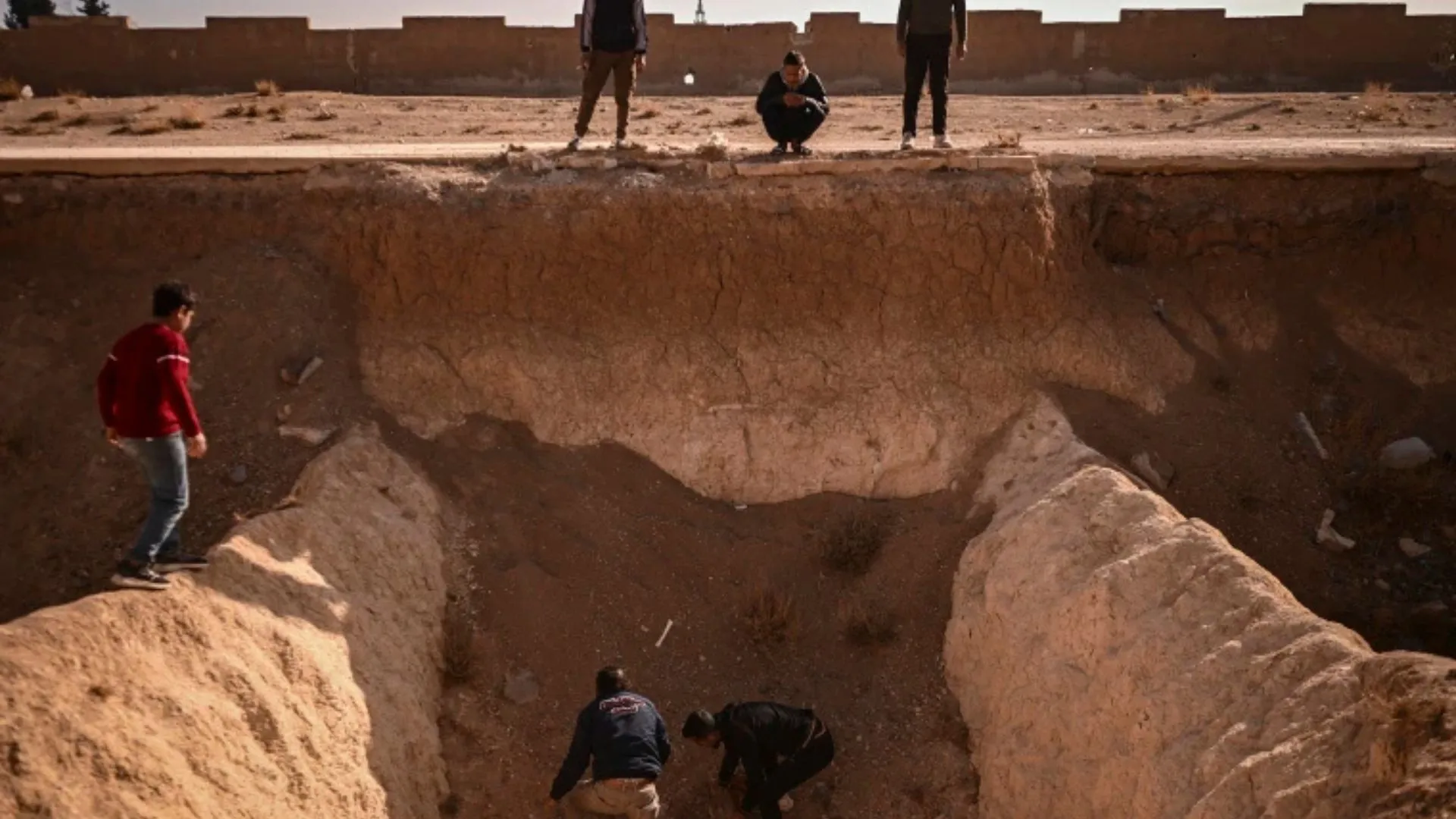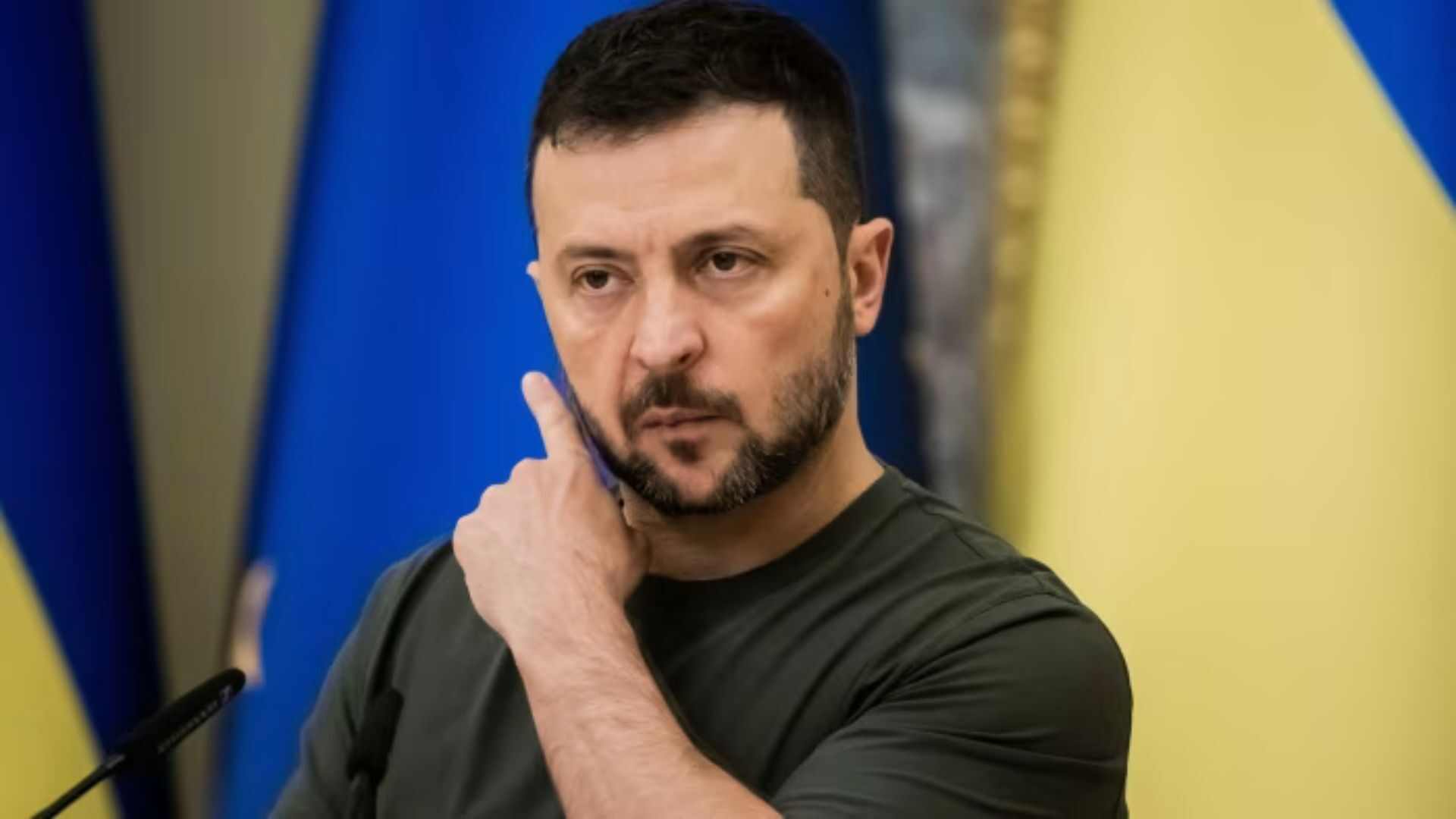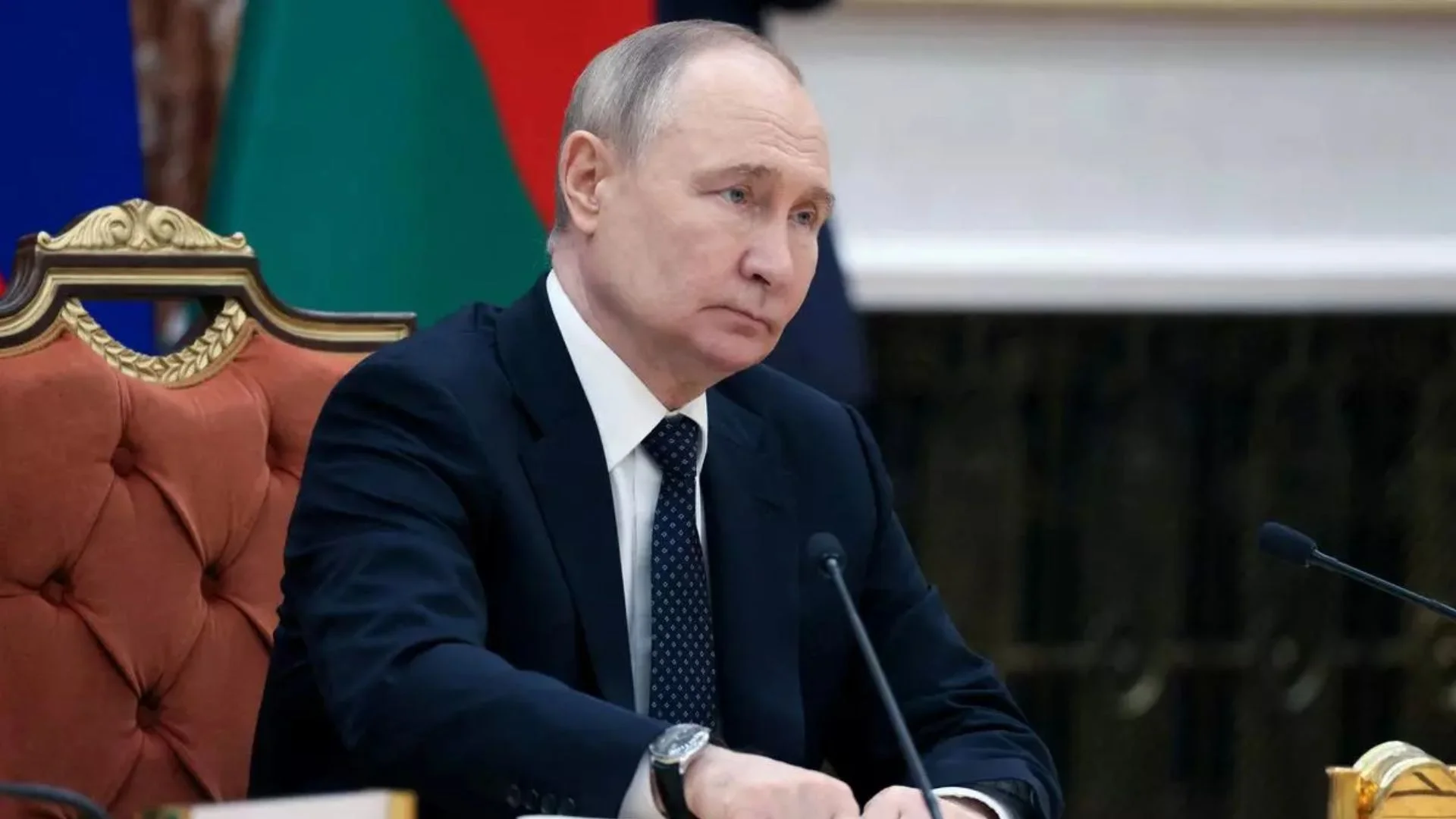Celebrated historian and filmmaker Shiv Kunal Verma’s latest book, Life of an Industani: Six Degrees of Separation, published by BluOne Ink, was recently launched at the Valley of Words International Literature and Arts Festival in Dehradun. Not only were avid readers and many of the author’s batchmates present at the launch, but many dignitaries also graced the occasion, and each one showed a keen interest in his work. The 500-odd page action-packed thriller-like read was unanimously regarded as a book that was less autobiography and more a contemporary look at Indian history through the eyes of one who had lived life to the hilt.
The book’s spectacular launch was moderated by the effervescent Sana Durrani, who coordinates the Welham Boys’ School Military Seminar. The little flashes of humour she brought to the table made her the perfect host throughout the 40-minute discussion. The launch began with Rajinder Pal Devgan, a well-known and respected academician who taught Shiv Kunal Verma at the Doon School, unveiling the first copy of the book, which the author then inscribed for him. Sana Durrani said that right from the moment the launch was planned, Kunal was adamant that the book would be launched by him, even if General V.K. Singh, who could not make it at the last minute, had been present. It was the same with the other panellist, Anoop Seth, who had known Kunal for the past 50 years, even before they were in Doon School together, and who has been both his fierce critic and staunch supporter of his childhood buddy!
The discussion began with Sana Durrani asking the author what had made him give the book this catchy title and what the subtitle ‘Six Degrees of Separation’ meant. Kunal replied that the subtitle had been the original title because, when he began writing the book, he found that everything in his life was correlated. However, when the work was nearing completion, the Industani title came up because this new word was apolitical and very Indian. He attributed it to another master who had taught him at the Doon School, Krishna Kumar (KK) Candeth, whose own book, ‘All Street Dogs Go To Heaven’ is also being published by BluOne.Ink.
During the talk, Sana Durrani smilingly allowed Anoop Seth to be frank and say ‘nasty’ things about Kunal. The camaraderie between Kunal and Seth was palpable. He commented on the variety of experiences that the author had seen, adding that in most of them, ‘Fauji’ (as he was named in school) had chased opportunities down himself, as was the case with the Air Force films and books like the Northeast Trilogy. He said that after reading the book, he realised that despite knowing Kunal for so many years, he still knew so little about him. Humorously, he also added that he was curious to know how the author felt now that his entire life was in the public domain. The author was frank to say that he had not been keen on writing the book initially, as he believed that usually, all autobiographies are ‘ego trips’ or, as Bernard Shaw once said, ‘autobiographies are all lies’. This book, he said, was the brainchild of Pankaj Singh, the Head of Publishing at BluOne Ink. Singh had been adamant about getting this book done because Verma’s stories reflect many of India’s modern-day historical incidents.
Dharmesh Mehta, in charge of marketing and defining the policies for One Heritage Media and BluOne Ink, added that the author is the ‘Hemingway of India’. He also said that as more things happened in India, an Industani 2.0 was likely to come in. This was met with a lot of laughter by the author and the other panellists. Dharmesh said the biggest challenge was deciding which genre to place the book Industani in, for it was a remarkable piece of work that had no precedence, nor was it likely to share space with any others of its kind. Almost every critic who had read the book till now, was unanimously of the view that the book would find a place at the high table of Indian literature’s all-time classics.
Sana Durrani then asked the writer why, at the ‘young age’ of 60, the author had decided to write an autobiography. Verma said that though his father had retired from the Army at 56, at 62 he was ‘old’ enough to write his ‘autobiography’. He said that if he did not do anything, the ‘inertia’ would ‘kill him’. This was because his idea of relaxation was to stop working on a book when he needed a break and start working on another, then another, and they could be in completely different genres. Apart from the Northeast books, Verma has authored The Long Road to Siachen, 1962: The War That Wasn’t, and 1965: A Western Sunrise. Each book is rated by critics as being the most definitive work on the subject.
Throughout the event, the author remained very open about his life. When asked about Project Tiger, he didn’t hide the fact that it had ‘just happened’. His approach to filmmaking was more subject-oriented, and when he got a chance, he could develop the technical skills as well. Chances, indeed, can appear – just like that. Or you can create them. The author, with hundreds of sorties on frontline fighters with the IAF and the Navy, plus having filmed real combat scenarios, is today perhaps one of the most experienced ‘hands on’ military specialist.
The book is already available for the public, even though the main print run will be available by mid-December 2022. It is available for pre-order through the publisher’s website.


